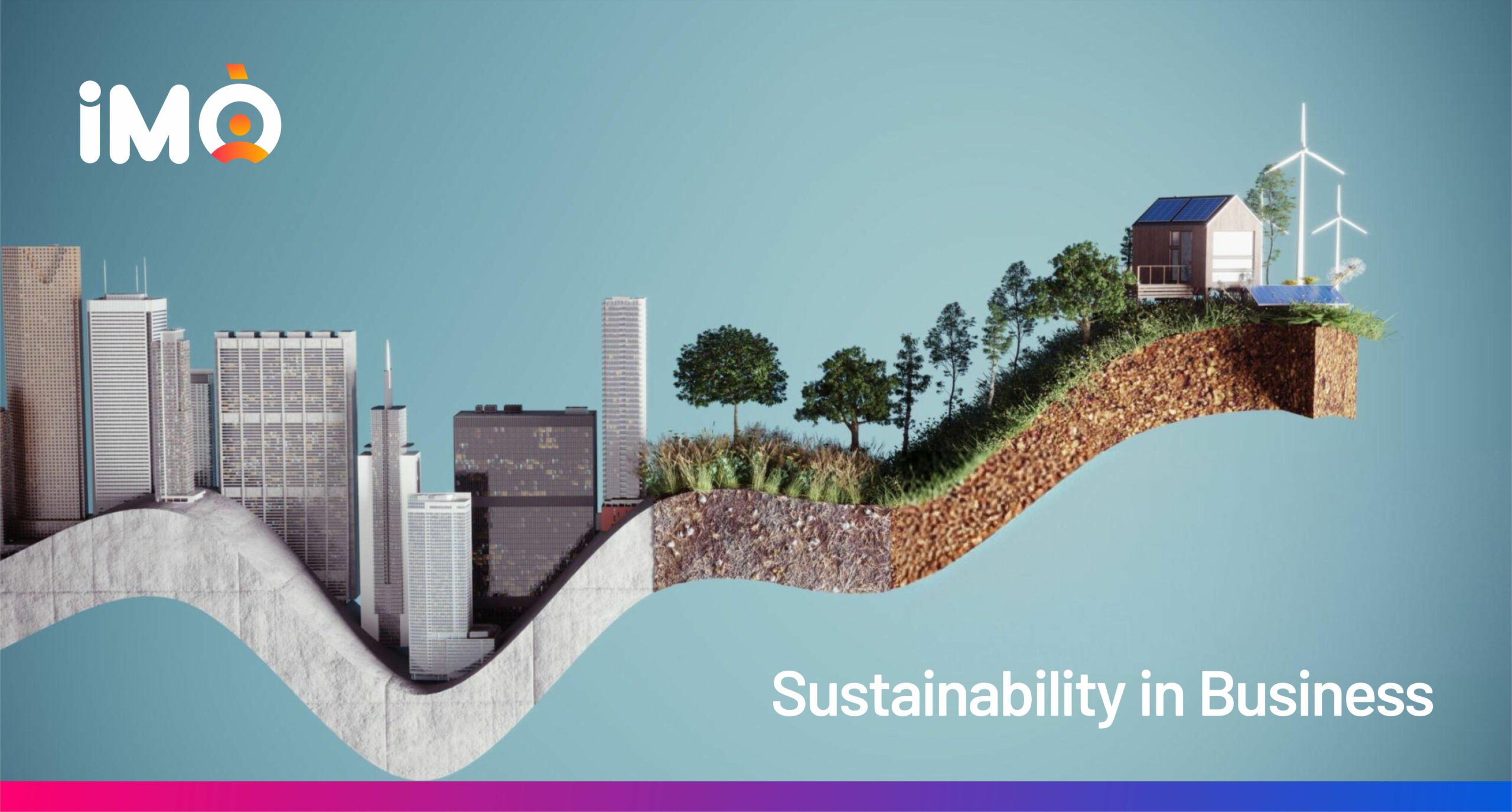Sustainability in business has become an essential focus for organisations worldwide, driven by pressing environmental concerns and changing consumer preferences towards eco-friendly practices. This multifaceted concept encompasses a range of strategies aimed at reducing environmental impact while promoting economic growth and social responsibility.
A significant aspect of this trend is the rise of remote work sustainability in business, which has fundamentally transformed how companies operate and manage their workforce. As businesses adapt to this evolving landscape, they increasingly seek to implement sustainable practices that not only minimise their ecological footprint but also enhance productivity and employee satisfaction.
The importance of sustainability in business cannot be overstated, as consumers today are more informed and concerned about environmental issues than ever before. Many consumers prefer to support brands that demonstrate a genuine commitment to sustainability. This shift in consumer behaviour has prompted businesses to innovate and develop eco-friendly products that align with these values.
From biodegradable packaging to ethically sourced materials, companies are finding creative ways to meet the rising demand for sustainable goods. Moreover, regulatory pressures are compelling businesses to adopt sustainable practices. Governments around the globe are implementing stricter environmental regulations, which require companies to comply not only for legal operations but also to maintain a positive brand image.
Consequently, organisations are investing more in sustainability initiatives, often focusing on reducing emissions, enhancing energy efficiency, and implementing waste reduction strategies. Corporate Social Responsibility (CSR) has also emerged as a critical component of modern business strategies. Companies are recognising the importance of engaging in sustainable practices that benefit society and the environment. This commitment to CSR not only helps build brand loyalty but also attracts top talent who prioritise working for socially responsible organisations.
The impact of remote work on sustainability is profound. The shift towards remote work has opened new avenues for businesses to enhance their sustainability efforts. By reducing the need for commuting and office resources, remote work significantly lowers carbon footprints. Companies embracing remote work sustainability in business, can contribute to a greener planet while enjoying operational cost savings. Digital transformation has also been accelerated by the rise of remote work.
Technologies such as cloud computing, virtual collaboration tools, and project management software facilitate remote work while promoting sustainability. These technologies reduce reliance on physical resources, helping businesses streamline operations and minimise waste. Flexible work arrangements, including remote work, have proven to be beneficial for both employees and employers. Businesses that adopt remote work sustainability in business are likely to see increased employee satisfaction and retention. Additionally, these arrangements can lead to a more efficient use of resources, further contributing to sustainability goals.
The trend of biodegradable and compostable materials stands out among eco-friendly products. Businesses are actively seeking alternatives to traditional plastics, which present significant environmental challenges. By adopting materials that break down naturally, companies can reduce waste and minimise their ecological impact. Furthermore, sustainable packaging has become a priority for many businesses.
Consumers increasingly demand eco-friendly packaging options, leading companies to explore innovative solutions, such as recyclable materials, minimalistic designs, and refillable containers. This trend not only helps reduce waste but also enhances brand image and customer loyalty.
The rise of e-commerce has transformed the retail landscape, allowing businesses to reach a wider audience while minimising their environmental impact. Digital platforms enable companies to reduce the need for physical stores and associated resources, promoting sustainable products by providing consumers easy access to eco-friendly options. The technological advancements that facilitate remote work have a direct impact on sustainability in business. By enabling employees to work from home, companies can significantly reduce their carbon footprints associated with commuting and office energy consumption. Remote work sustainability in business is not just a passing trend; it is a necessary adaptation for the future of work.
While the benefits of sustainability are evident, many businesses face challenges in implementing sustainable practices. Financial constraints often hinder organisations from investing in eco-friendly technologies and materials. The initial costs associated with adopting sustainable practices can be significant, particularly for small and medium-sized enterprises. However, the long-term savings and brand loyalty generated from these initiatives often outweigh the initial investments.
Another challenge lies in the lack of awareness and education regarding sustainability practices among employees and stakeholders. Businesses must invest in training and resources to ensure that all members of the organisation understand the importance of sustainability and how they can contribute to it. By fostering a culture of sustainability, companies can engage their workforce and drive meaningful change.
Resistance to change can also pose significant barriers to implementing sustainable practices. Established organisations with long-standing operations may need help to shift their mindset. To overcome this challenge, businesses need strong leadership and a clear vision for sustainability that inspires and motivates employees to embrace new practices.
Looking towards the future, circular economy models are gaining traction as businesses seek to minimise waste and maximise resource efficiency. This approach encourages the design of products that can be reused, repaired, or recycled, thereby reducing the environmental impact of consumption. As more companies adopt circular economy principles, we can expect to see innovative products and practices that challenge traditional linear consumption models.
Moreover, sustainability is becoming an integral part of business strategy. Companies that prioritise sustainability in their core operations and decision-making processes are likely to outperform their competitors in the long run. This trend reflects a growing recognition of the interconnectedness of economic, social, and environmental factors in driving business success.
Enhanced transparency and accountability are increasingly demanded by consumers regarding sustainability practices. Companies that openly share their sustainability goals, progress, and challenges are more likely to build trust and loyalty among consumers. This trend is driving businesses to adopt more rigorous reporting practices and engage in meaningful dialogues with stakeholders.
In conclusion, sustainability in business is no longer optional; it is a necessity. The trends in eco-friendly products and practices are reshaping the corporate landscape, as companies strive to meet consumer demands and regulatory pressures. Remote work sustainability in business plays a crucial role in this transformation, providing opportunities for businesses to reduce their environmental impact while enhancing employee satisfaction and productivity.
As organisations continue to adapt to this evolving landscape, they must remain committed to implementing sustainable practices and fostering a culture of environmental responsibility. By embracing sustainability, businesses can contribute to a healthier planet while achieving long-term success in an increasingly competitive market.Embrace sustainability in your business today!
Contact IMÒ to find skilled professionals who can help you drive your eco-friendly initiatives forward. Together, we can contribute to a healthier planet while achieving long-term success in an increasingly competitive market!

